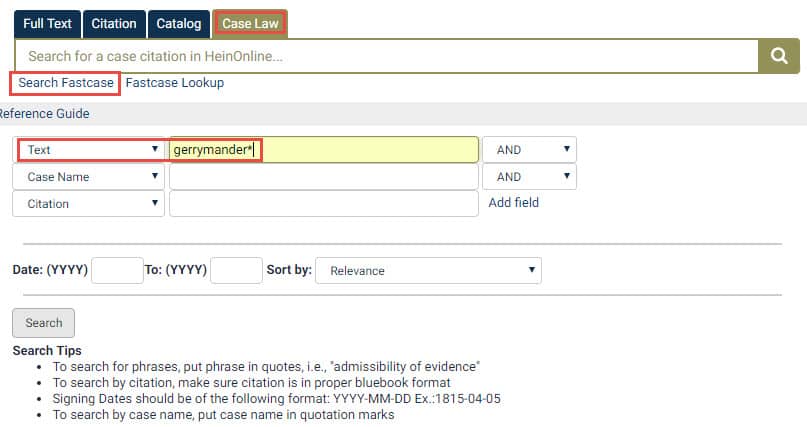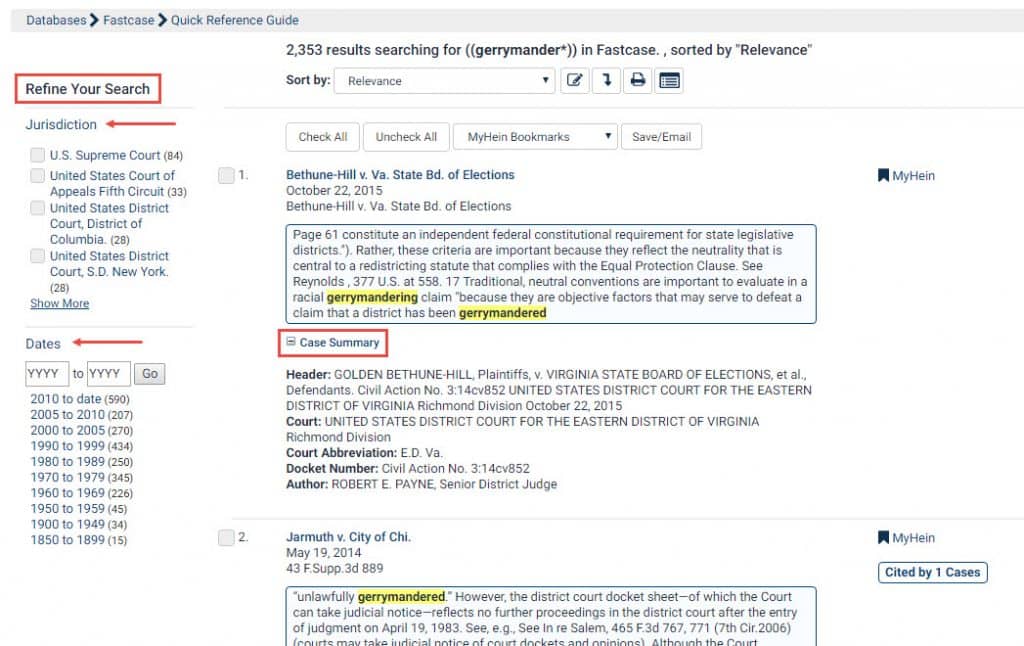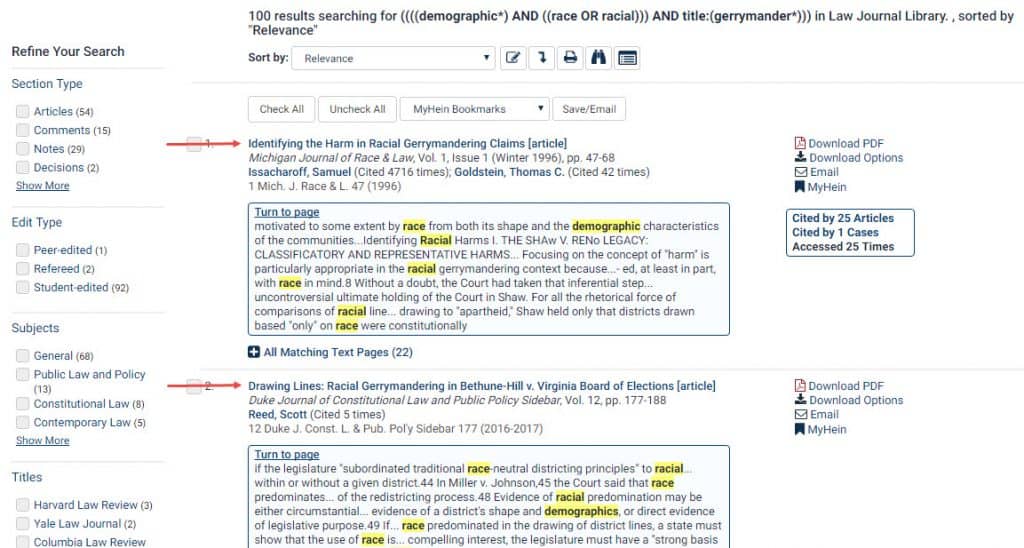Gerrymandering has been around since the election of the first U.S. Congress. The concept has received more attention recently, as the unexpected results of the 2016 election have placed a spotlight on the U.S. government and the processes of democracy generally.
What’s gerrymandering? Was there really a Gerry Mander?
Gerrymandering is the process of manipulating election district boundaries to favor one political party over another, often leading to underrepresentation of the actual majority of constituents.
Gerrymandering is problematic for several reasons:
- It undermines the principle of “one person, one vote.”
- It contributes to “safe seats,” where voters end up deciding which party wins but not who their representative actually is. In these instances, nominations may be decided by a minority of activists and can be heavily influenced by organized and moneyed interests.
- It contributes to low voter turnouts, as voters become apathetic when they feel their votes have no meaning.
- It contributes to the reputation of politics and democracy as “fixed” or corrupt.
The term gerrymandering was first used in 1812. The Governor of Massachusetts, Elbridge Gerry, signed a bill that redistricted Massachusetts to benefit his political party (which was called the Democratic-Republican party, in case this wasn’t confusing enough). When mapped, one of the reorganized districts resembled the shape of a salamander, thus creating the term gerrymander (check out this explanation from Justice Antonin Scalia in the U.S. Reports.)

Because politics and law frequently intersect, gerrymandering has been studied and written about extensively in academic and legal publishing.
Research gerrymandering in HeinOnline
The Brennan Center for Justice published this article on June 19 announcing that the U.S. Supreme Court will hear the first partisan gerrymandering case in a decade: Gill v. Whitford.
To find other cases that mention gerrymandering, click the Case Law tab on the HeinOnline Welcome Page and click the Search Fastcase link. In a text field, enter gerrymander*.

Search results will include all cases in which any variation of the word gerrymander occurs. Use the facets on the left side of the page to refine your results to a particular jurisdiction or date range. Case summaries can be expanded or minimized.

Gerrymandering has been used to help or hinder specific demographics, such as a racial or religious groups. Use the Law Journal Library to find scholarly articles written on this sensitive and controversial topic. For example, use the main search bar and enter (race OR racial) AND gerrymander*. Since this query produces thousands of results, add relevant terms, modify the original search, or use search facets to narrow these results to a more manageable number. For example, use the Advanced Search link and search text fields for demographic* AND (race OR racial) and a title field to enter gerrymander*. The results set is now much more manageable, and the first few results are extremely relevant to this query:

According to this 2014 blog post from the Washington Post, one simple way to end gerrymandering would be to take the redistricting process out of the hands of politicians and set up independent commissions to handle this task, which several states have done. Legislation has also been introduced to address this problem, although Congress has already tried to address it without much success.
HeinOnline’s bloggers will continue to monitor the progress of Gill v. Whitford. Look for this case to be covered in Preview of United States Supreme Court Cases, which is published by the American Bar Association and available online exclusively via HeinOnline. Subscribe now to stay on top of this important topic.
For help searching or navigating HeinOnline, contact the dedicated support team at (800) 277-6995, email us, or chat with us!



